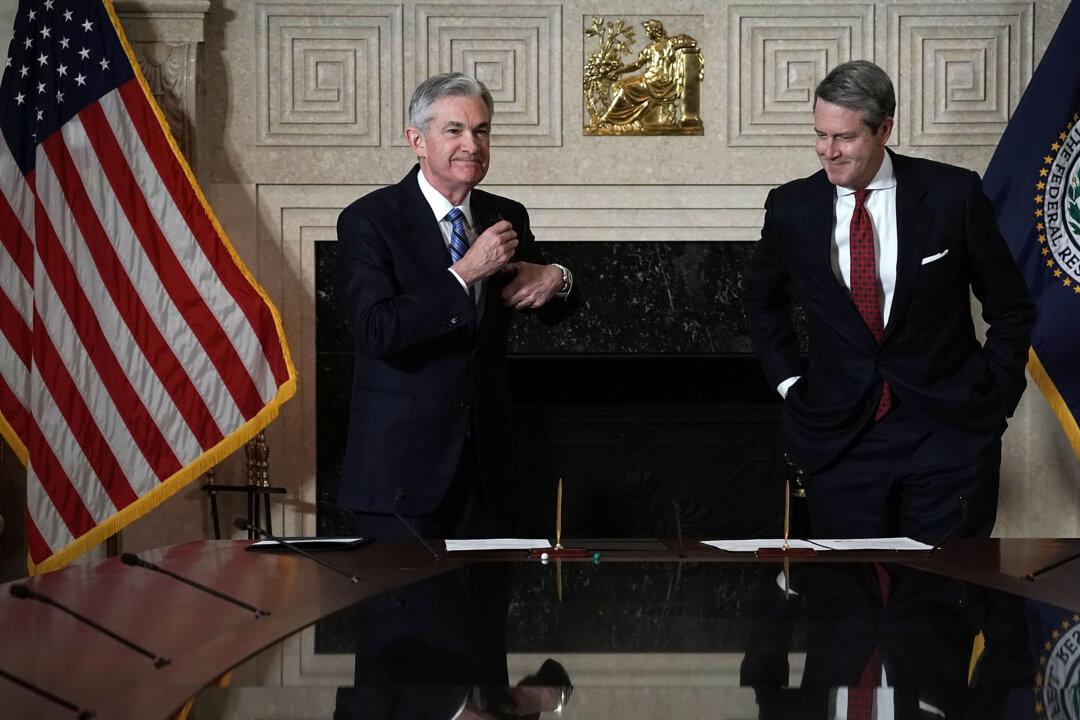WASHINGTON—Soon after the November 2020 presidential election, the Federal Reserve declared climate change as a potential threat to financial stability and joined a network that advocates for using levers of financial regulation to address climate change.
A group of Republican lawmakers is among critics who argue that central banks should not “weaponize” their authority to force banks and private companies to defund fossil fuel industries for political purposes.





